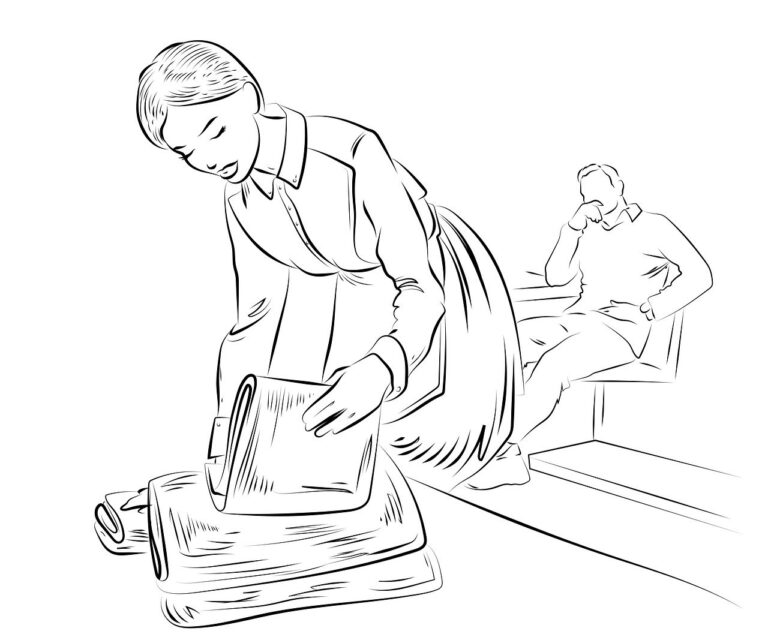Understanding Menopause: What’s Happening to My Body?
Menopause marks a natural transition in a woman’s life, signifying the end of menstrual cycles. It typically begins between ages 45 and 55, but in countries like India, it can start earlier, around age 46. During this phase, hormonal changes—especially a decline in estrogen—cause symptoms like hot flashes, night sweats, mood swings, and sleep disturbances. While menopause is a biological milestone, it’s often misunderstood or stigmatized. Let’s demystify this phase and embrace it as a new chapter of life.
Perimenopause vs. Menopause: What’s the Difference?
Perimenopause is the transition phase leading up to menopause and can start years before your last period. During perimenopause, you might experience irregular cycles, PMS-like symptoms, and hormonal fluctuations. Menopause is officially diagnosed when you’ve gone 12 months without a period. Understanding these distinctions can help you navigate your symptoms and seek timely support.
Common Symptoms of Menopause and How to Manage Them
- Menopause symptoms vary widely but often include:
- Hot Flashes: Triggered by hormonal shifts, managed through deep breathing, wearing light clothing, and avoiding triggers like caffeine or alcohol.
- Sleep Disturbances: Establish a bedtime routine, limit screen time, and try relaxation techniques like yoga or meditation.
- Mood Swings: Practice mindfulness, exercise regularly, and seek therapy.
- Weight Gain: Focus on a balanced diet and regular exercise.
- Remember, lifestyle adjustments and consulting a doctor can significantly ease symptoms.
Menopause and Mental Health: Breaking the Taboo
The hormonal changes of menopause often impact mental health, causing anxiety, depression, or brain fog. Many women feel isolated or struggle in silence. Breaking the taboo around menopause and mental health is critical. Seek support through counseling, talk to peers, or join support groups. Remember, you’re not alone, and there’s no shame in seeking help.
Why Menopause Shouldn’t Mean the End of Your Career
For many women, menopause coincides with a critical point in their careers. Symptoms like brain fog or fatigue might make it harder to keep up, while workplace stereotypes exacerbate challenges. Advocating for menopause-friendly policies—such as flexible hours and awareness training—can help women thrive professionally during this phase. Menopause is not the end of capability; it’s a period of transformation and wisdom.




